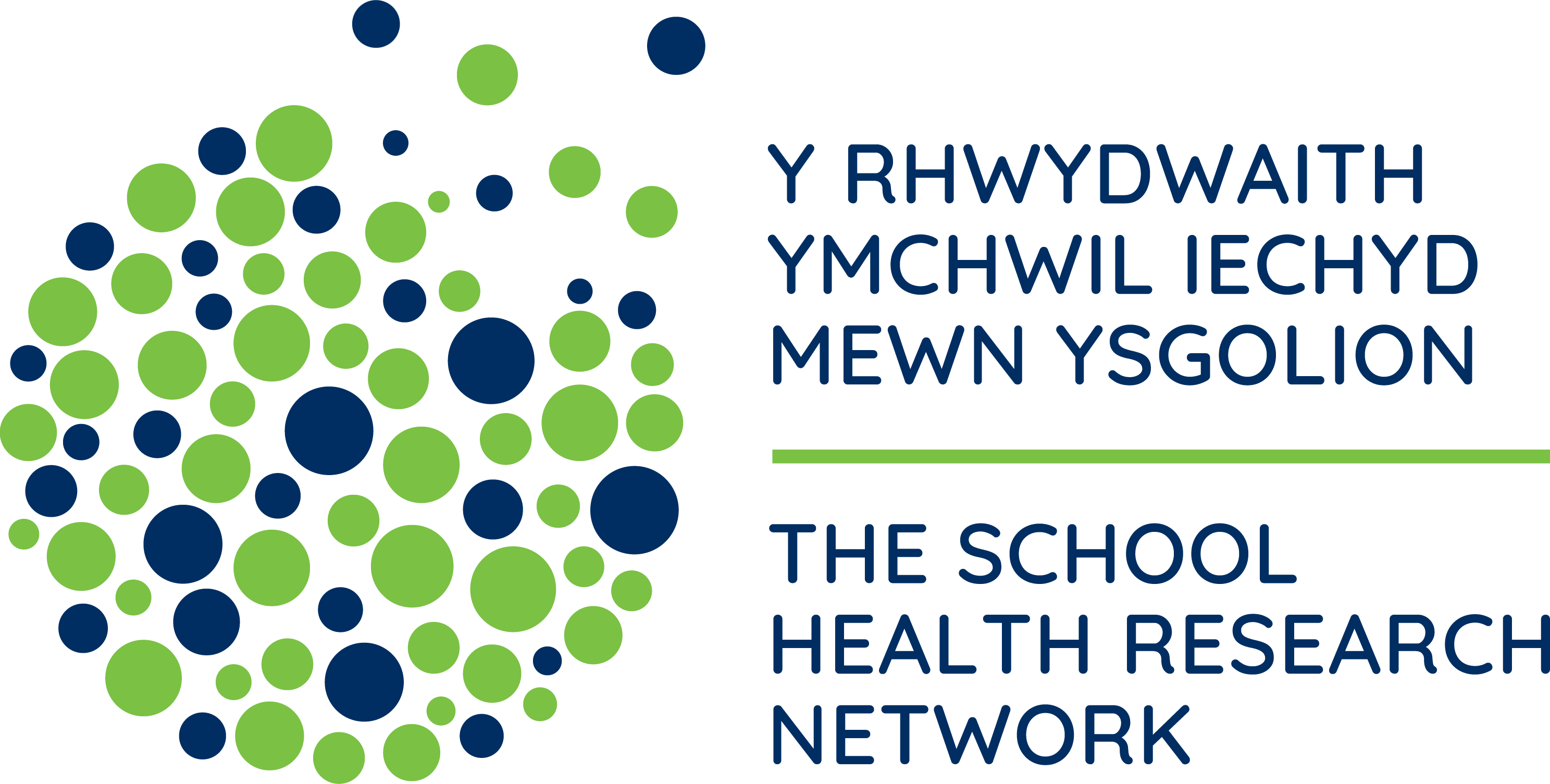Why should primary schools register to take part in SHRN’s 2024 data collection?
SHRN has become a unique and invaluable part of the education health and well-being infrastructure in Wales. Our strategic partnership with Public Health Wales and integration with The Welsh Network of Health and Well-being Promoting Schools (WNHWPS), along with substantive and ongoing investment from Welsh Government, has enabled SHRN to grow into a national network of research and evaluation.
SHRN is cited in over thirty Welsh Government policies and strategies as providing support for the delivery and evaluation of health and well-being policy agendas and interventions. These include the Whole-School Approach to Emotional and Mental Well-being (2021) and Estyn’s Healthy and Happy Report (2019).
To find out more about the huge benefits of joining SHRN, read our primary school and school success and impact brochures.
Is The SHRN Student Health and Well-being Survey anonymous?
Yes. The Student Health and Well-being survey collects indirect identifies such gender, school year group (as a proxy for learner age), and ethnicity. It would be extremely difficult to use this data to discover the identity of a survey participant from the thousands of children and young people who take part.
Further, all data fed back to schools is done so in an aggregate form through year group and gender breakdown (e.g., the percentage of year 7 learners who eat breakfast every weekday). This prevents deductive disclosure as a set number of learners must provide a response to enable the data to be shared.
Why is SHRN anonymised data so important?
When exploring the health and well-being needs of your school, it is important to take the time to consider the needs of your whole-school community. This approach ensures that both policy and practice supports and nurtures learners, staff, and the wider school community. It will also help to build social capital across the school.
Anonymised SHRN survey data protects privacy, whilst empowering schools to enhance their learner’s health and well-being.
SHRN and its anonymised data, has become a unique and invaluable part of the education health and well-being infrastructure in Wales.
What are the benefits of SHRN anonymised data?
There are many benefits including…
SHRN data can be retained each year and have continuing value for research purposes.
An example of this would be using the data to help understand change over time in children’s and young peoples’ health and well-being through combining with previous and subsequent anonymised SHRN survey data. By analysing trends and patterns, schools can identify areas of concern, tailor support accordingly and evaluate their progress.
SHRN Survey findings can be benchmarked against national findings to provide a wider context and comparison for school-level findings.
Our data plays a key role in national, regional, and local planning, as well as influencing UK-wide and international research and policies.
SHRN School Level data can be shared with teaching staff; learners; school governors; parents and carers; Public Health Wales and Estyn to ensure that everyone can be involved in the discussions about children’s and young peoples’ health and well-being.
It helps to develop a school culture of intervention and change. It also represents an important means by which learners can influence the vision and delivery of services and practice which affect their health, well-being, attainment and future life chances.
It helps to develop a school culture of intervention and change.
Used in conjunction with The School Environment Questionnaire (SEQ), the survey data provides useful evidence for identifying need and setting health and well-being priorities to support school improvement. The SEQ allows relationships between school policies (e.g. school leadership; school ethos; environment; curriculum learning; family and community engagement) and practices and student health outcomes to be investigated. It provides schools with a unique opportunity to assess the health and well-being of learners in the context of their school policies and practices. It also covers a range of emotional and physical health topics to reflect a Whole-School Approach to Health and Well-being and the Curriculum for Wales.
SHRN data anonymity helps schools to evaluate objectively, offering a framework for universal application.
Other non- anonymised surveys select and measure specific well-being measures such as positive emotion whilst at the same time identifying learners. Quantifying such subjective experiences can be challenging, making it difficult to select appropriate response scales and assess whole-school progress accurately. Additionally, the lack of anonymity can sometimes lead to learners avoiding giving honest survey answers or taking part in data collection.
Anonymisation limits data protection risks and enables information to be made available to other organisations, or wider health and education communities across
In general, it is easier to disclose anonymous information rather than personal data as fewer legal restrictions apply. It is also easier to use anonymous information in new and different ways, as the data protection rules do not apply to properly anonymised data. Results from the data can be shared widely in reports to Government, and be published in scientific journals. It can also be used to support programmes of work in school clusters.
Finally… any messages to the primary schools who are thinking about registering to take in the 2024 SHRN data collection?
Registration for the SHRN 2024 data collection in primary schools closes on 19 July 2024, so I would urge those who haven’t yet registered to sign up quickly so that they do not miss out on the unique benefits that SHRN has to offer.
To find out more visit shrn.org.uk

